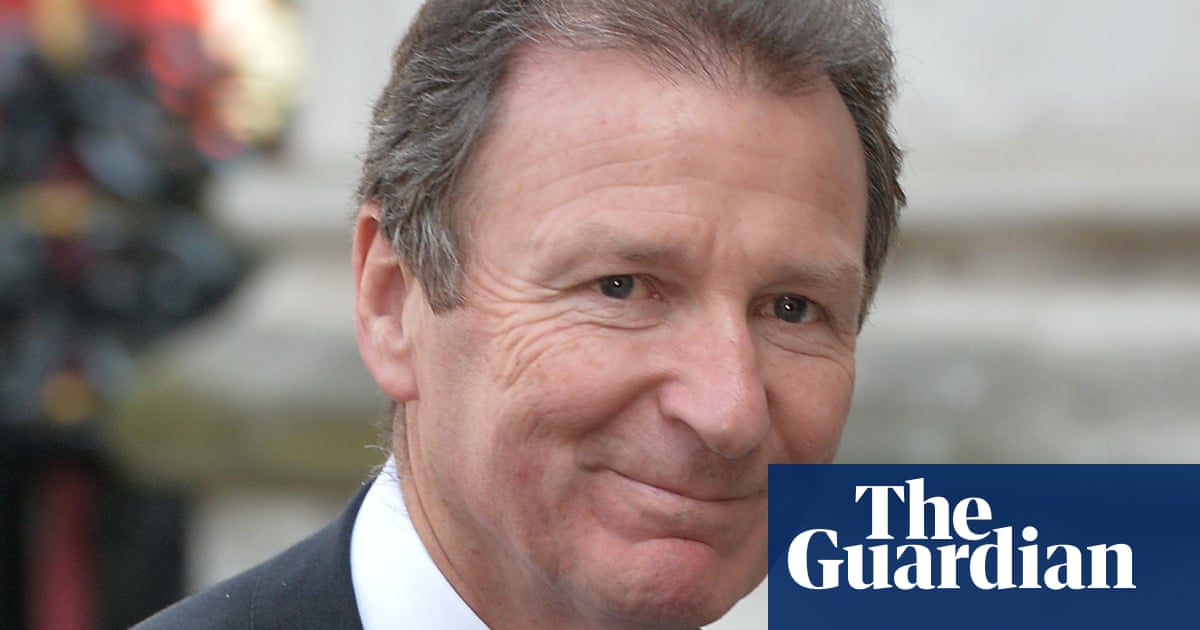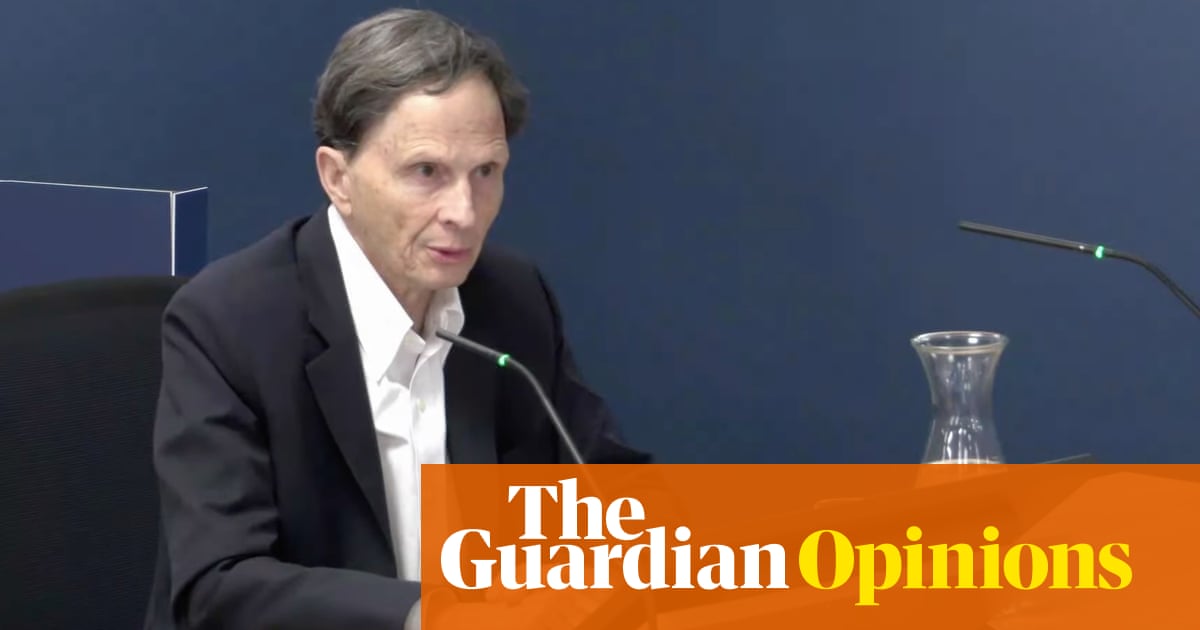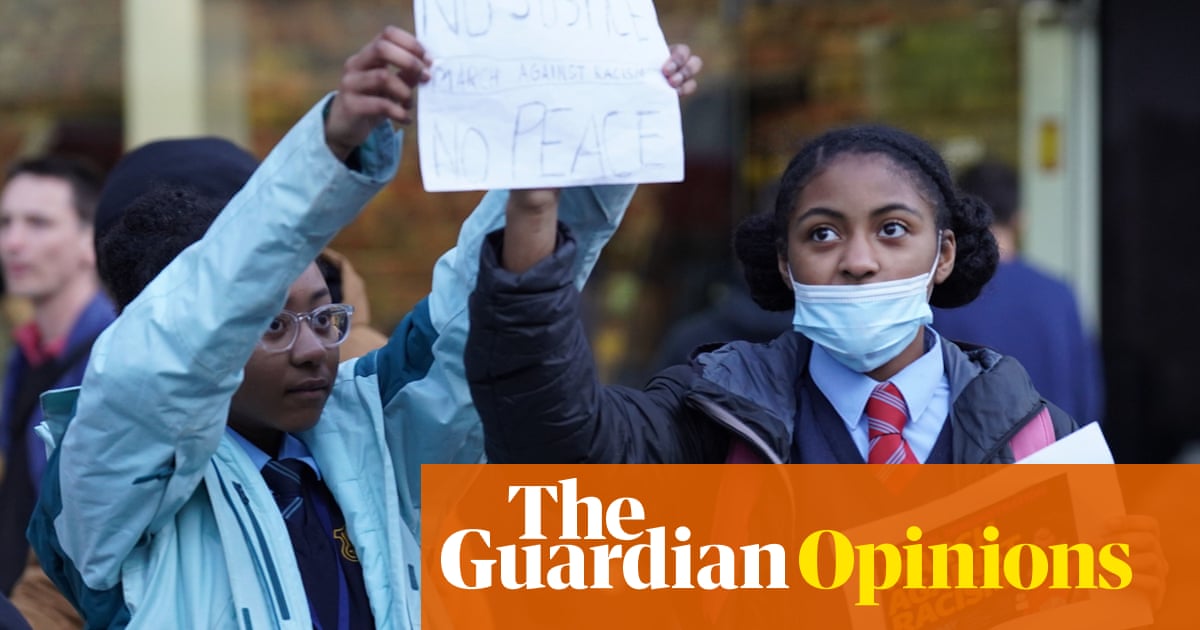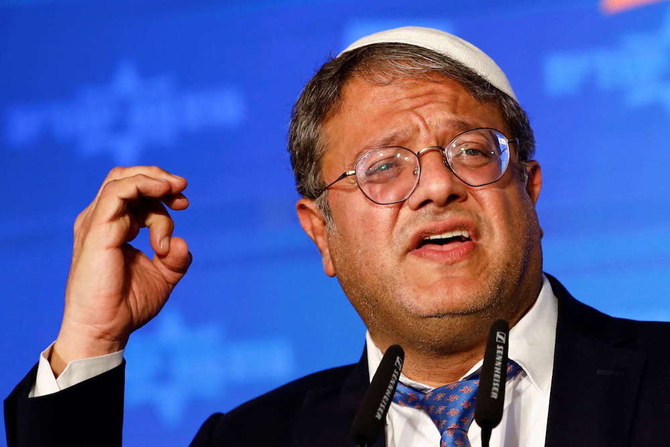
ast week the public accounts committee reported that the government had committed £37bn to test and trace, despite there being “no clear evidence” that the programme was effective. Sir Nicholas Macpherson, the former permanent secretary to the Treasury, tweeted: “It wins the prize for the most wasteful and inept public spending programme of all time.”
More importantly, Public Health England reported that there had been more than 100,000 excess deaths in England and Wales during the pandemic – a higher civilian death toll than Britain suffered during the second world war. Yet the government is still procrastinating over whether to establish a public inquiry.
It’s now eight months since the prime minister promised the House of Commons there would be an “independent” inquiry. In July he said it was not “the right moment to devote huge amounts of official time to an inquiry”. This week, the business secretary Kwasi Kwarteng said it would be “premature” to launch an inquiry, and that reopening the economy was the government’s main priority.
Ministers don’t seem to recognise the notion that a democratic government should be open to continuous scrutiny, or that accountability offers the opportunity for improvement. It’s as if the role of the inquiry were to write history rather than contribute to good government.
This attitude of defensive introspection has been at the heart of policy failures throughout the pandemic. Despite early rhetoric about “trusting the science”, the government has in fact trusted no one, and preferred to rely on its own highly politicised judgments reached in the closed culture of Westminster.
It is this closed culture that allowed the government to avoid publishing the report of Operation Cygnus in 2016, which demonstrated the risks to social care that would arise as hospitals responded to a pandemic by discharging patients into care homes, as well as identifying the vulnerability of the UK’s PPE supply chain. This same culture is why the government initially refused to identify the members of its Sage committee, and why Sage evidence and documents are only published once they’re no longer under live consideration.
This issue is not only of interest to historians. It affects the way government is making decisions today. Westminster’s closed culture may resist a public inquiry, but it’s this same culture that is the biggest single argument for holding one.
No one would pretend that the pandemic was easy to handle. There were no precedents for this crisis and the evidence and science were changing fast. But those circumstances should have made several things clear.
Firstly, it was important that the advice reaching ministers reflected the changing science. It was profoundly unlikely that any single group of individuals would be able to speak authoritatively on all possible developments. This reality should have led to a conscious effort to ensure that the process of providing advice was open, and that all qualified opinions were welcome.
Secondly, the government needed to engage the public in understanding the evolving science. That wouldn’t have required making every citizen a qualified virologist, but it would have involved an honest public discussion about the uncertainties inherent to the science. Political slogans and scientific uncertainty make uncomfortable bedfellows.
Thirdly, ministers had to demonstrate that their own decision-making responded quickly and accurately to the evolving science. If citizens are expected to trust the science and modify their behaviours accordingly, they are entitled to expect their government to do the same.
None of these propositions are inherently political. There is no Labour view of virology any more than there is a Tory view of competence. Only in the institutionally polarised world of Westminster do these basic principles become matters of party politics.
But the result of this closed political culture is that bad practice has resulted in bad policy, with profound human and social consequences that stretch well beyond the direct health impacts of Covid. The pandemic has exacerbated social inequalities that have been building for a generation. As a result of the combined effects of Brexit and Covid-19, many of the communities that already felt left behind will have further reason to doubt that our society works for them.
And although the UK has seen a welcome decline in infection rates, we shouldn’t assume the problem has been solved and the vaccine done its job. The virus continues to mutate, and we will likely see other pandemics in the future that have different causes. How can we ensure that when we face the next pandemic, we are better prepared and better able to match our performance against countries such as Japan, which has counted 8,600 deaths from Covid-19, or Taiwan, which had a total death rate of 10?
The case for a public inquiry into the pandemic is therefore not simply a desire to work out who knew what and when, but to address fundamental questions about the way Britain is governed.
Does our respect for our long parliamentary tradition undermine good governance in the modern world? Does our polarised political system create the appearance of accountability without the substance?
Many people have suggested that Covid might be the catalyst for a “1945 moment”. We need a public inquiry because the track record of our institutions raises serious questions about whether they are capable of delivering this.
Stephen Dorrell was health secretary from 1995 to 1997 and chaired the Commons health select committee from 2010 to 2014












